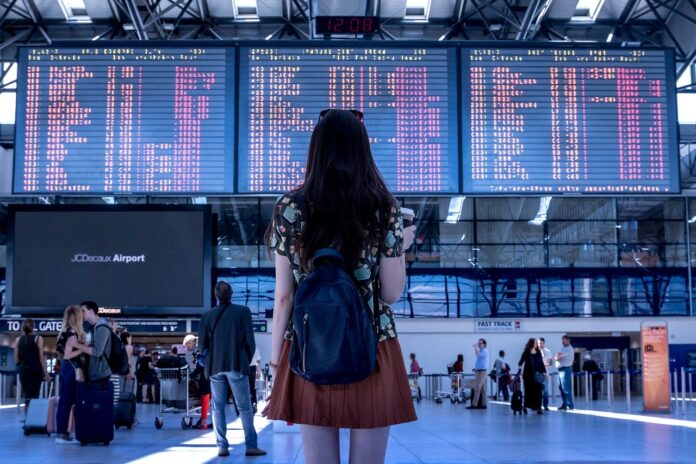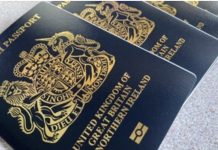Since the global outbreak of the novel Covid-19 virus, many countries around the world have imposed travel bans on foreign travellers in order to prevent the spread of the coronavirus. As countries are getting the virus increasingly under control, slowly but surely, some restrictions are being relaxed.
Travelling within Europe
When assessing what countries are fit to travel to, the Foreign Office first and foremost looks at the risk of infection for citizens. As a general rule of thumb, the Foreign Office still warns against making unnecessary tourist trips abroad. However, understanding the need for both business travel and holidays, exceptions are made for most EU and Schengen countries, such as Switzerland, France and Iceland. These countries have been deemed relatively safe enough to travel to. However, it is always prudent to check what the regulations are in the country you are travelling to. For instance, certain countries still do not allow travellers from the UK entry, claiming that Britain has not sufficiently controlled the coronavirus. Others demand that any arriving British tourists first quarantine themselves, which can last for up to 14 days.
Travelling outside Europe
While travelling within Europe is getting increasingly easier, tourism outside Europe remains difficult. While the Foreign Office has declared a number of non-European countries safe to travel to, these countries generally do not permit foreign visitors. They want to be absolutely certain that the virus has been beaten before opening their borders once more. As such, many countries outside Europe have imposed struct travel bans on travellers from Europe, including countries in North America and Africa. Because of the entry ban, British citizens for example currently cannot travel to either the US or Canada for holidays or business purposes, even if they have a valid ESTA USA or eTA Canada travel permit.
At the other side of the world, some Asian countries have reopened their borders to foreign travellers, or have announced that they plan to do so in the near future. Brits are allowed to travel to Cambodia again, but only with a visa issued by the Cambodian embassy, not with an e-visa. The Sri Lankan authorities have floated the idea that their borders will be reopened for foreign tourists on September 1st, but under strict conditions. The travel ban for other Asian countries such as Vietnam and Myanmar is likely to remain in place in the coming months. For India, only business travellers with an embassy visa are allowed to enter the country.
One country that is eager to welcome foreigners is Egypt. The Egyptian authorities have announced that international passenger flights will be allowed again from 1 July. Travel is as of yet limited to the popular resorts, as the virus is still very much active in major cities like Cairo.
Quarantine
Always keep in mind that the travel advice of the Foreign Office can change at any time, even if the borders of a country are open again and a visa can be applied for. The situation in a country can change quickly and the information provided by the foreign authorities is not always unambiguous and complete. Also be aware that the government has imposed mandatory quarantine for citizens returning from holidays to certain non-European countries. A list of safe countries can be found here. If you’re country is not in it, you will have to self-quarantine after returning back to the UK. Failure to do so can lead to hefty fines. Before leaving for your trip, always first check what the current status of your destination country is, and what restrictions and measures are in place.







